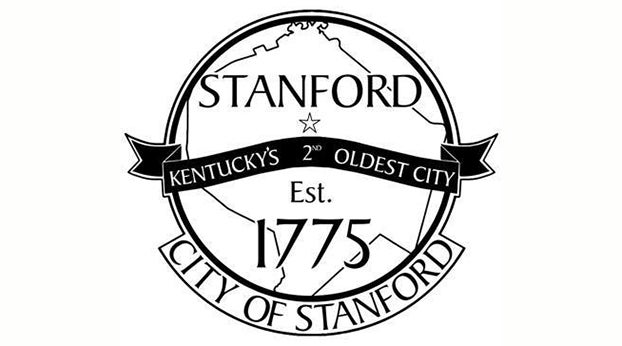Class action suit against public universities over Covid tuition, fees moves forward
Published 3:20 pm Thursday, July 13, 2023

- University of Kentucky. UK photo
|
Getting your Trinity Audio player ready...
|
BY SARAH MICHELS
Bluegrass Live
A class action lawsuit against the University of Kentucky and seven other public universities is moving forward after a decision by the Kentucky Supreme Court last month.
UK students are suing the university for a full refund of tuition and mandatory fees during the Spring 2020 semester, which was interrupted by the Covid-19 pandemic.
UK students paid $179 million in tuition and mandatory fees during the Spring 2020 semester.
Students at the other seven public universities included in the class action suit – University of Louisville, Northern Kentucky University, Eastern Kentucky University, Morehead State University, Murray State University and Kentucky State University – collectively paid approximately $550 million.
On March 23, 2020, UK moved all classes online in light of the public health emergency. In an August 2020 suit, students argued that this shift was a breach of their contract with the university.
Andre Regard, the attorney representing the students, said that students did not get the educational value they contracted for during enrollment.
“Our position is that the students negotiated and contracted for an in-person, in-classroom experience, and that’s not what the university gave them. So our position right now is that they’re owed refunds of tuition and fees,” Regard said. “… Such as if I asked you to paint my house blue and you paint it white, I shouldn’t have to pay you to paint my house white. I wanted it to be blue.”
UK originally filed a motion to dismiss the lawsuit, arguing that there was no written agreement or contract promising in-person classes and access to facilities, and thus, the university was eligible for governmental immunity.
Governmental immunity is a common law doctrine stating that if no contract exists, governmental bodies cannot be sued under certain circumstances, including for its emergency response activities during public health emergencies as long as it was acting in good faith and using reasonable judgment.
The trial court ruled that the Student Financial Obligation and the accompanying University Bulletin spelling out what an in-person and online university experience entailed and cost was a written contract, so UK was not eligible for governmental immunity.
UK appealed the ruling to the Court of Appeals, which affirmed the trial court’s ruling.
On June 15, the Kentucky Supreme Court did the same, ruling that UK does not have governmental immunity, and the case should be heard on its merits in Franklin Circuit Court.
UK spokesperson Jay Blanton said the university “respectfully disagrees” with the court’s 3-1-3 decision, but that UK has a strong case on the merits moving forward. He said that then university’s emergency actions both continued education and saved lives of employees and students.
“Students during that time continued to receive instruction and got academic credit. They also continued to get a lot of important services, whether it’s mental health services or other virtual fitness classes or basic needs assistance,” Blanton said. “We also shipped thousands, literally, of iPads and WiFi hotspots to students who had technology needs so we could ensure they had access to online learning. So we took a lot of extraordinary steps I think to continue the educational initiatives that this institution is known for and to ensure that we were supporting our students.”





